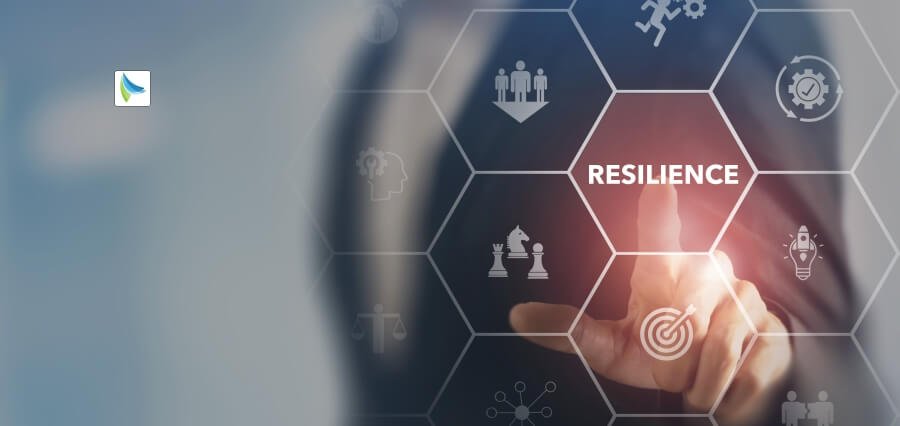Credit for the Creator Economy
The creator economy (as freelancers, gig workers, influencers, and digital content creators shape new career opportunities) has exploded, and as a result, there has been an increased desire for flexible and accessible financing. The customary banks, which are based on fixed underwriting models, tend to be unequipped to accommodate such new workforces. Fintech lenders are up to the task, providing custom credit products that respond to the circumstances of the new world of work.
Alternative Credit Assessment Models
Traditional credit rating is based on a steady job and past credit behavior, factors that most creators and gig workers do not qualify for. This disruption is being fueled by fintech lending platforms utilizing alternative data: earnings on the gig platforms, social media activity, telecom spend, utility bills… and even psychometric data. For example, new companies such as Tala, KarmaLife, and Lenddo are measuring creditworthiness based on behavioral and real-time financial metrics, rather than traditional credit scores. This strategy expands financial access to include a wider workforce, often allowing them access to microloans or credit lines that had previously been unavailable.
Innovating Cash Flow Management
Earnings of creators and freelancers can vary. Fintech lending solutions are intervening with income-smoothing mechanisms like Earned Wage Access (EWA) platforms. These facilitate access to earned income before standard pay cycles for smooth cash flow. In addition to access to funds, platforms have introduced invoices, budgets, expense, tax planning, and retirement capabilities, which add financial transparency and order to a remote employee.
Embedded Finance: Seamless Integration with Platforms
Embedded finance is becoming revolutionary. It enables such financial products as credit, insurance, or instant payments to be deployed directly to the platforms people are already using. For example:
- The modality today sees credit or advances against future income and enhances the financial inclusion of the underbanked freelancers.
- They facilitated immediate payout through virtual or physical card payment, wealth or tax management functions embedded in apps, which makes financial management simpler, and engagement is enhanced.
This facilitation provides seamless access to financial services- delivers the services to where the creators are and when they require them.
Smart Underwriting with AI & Real-time Data
AI enables broader, more sophisticated lending decisions with a quicker response time. With real-time data AC Halbio AI-enabled underwriting dynamically analyzes behavioral, transaction, and platform data to provide a more precise measure of risk than operating within a legacy system. Examples of this include Accumn in India, which is revolutionizing retail lending and applying AI-enabled smart underwriting, simplifying real-time credit decisions, and enhancing risk scoring.
Global & Local Fintech Pioneers
Around the globe, fintech lending is evolving to meet local workforce needs:
- KarmaLife has been providing instant credit lines to the gig and blue-collar workers in India with minimal paperwork.
- Open banking is seen in the UK and EU, where fintech can scale across financial data across many sources to build custom products such as mortgages and insurance, as well as loan products for freelancer customers.
Inclusivity & Algorithmic Fairness
Although fintech lending can go a long way to enhance access, concerns still exist, especially with regard to fairness in algorithmic decision making. The studies on AI-based lending emphasize the dangers of representation bias, in which models trained on largely approved applicants can discriminate against low-socioeconomic borrowers.
Gender bias is another issue identified in one study: even when the building of the algorithm does not explicitly target gender norms, it can still result in it being biased towards men, even though women tend to make better borrowers. To be most effective in serving creator and gig workforces, fintech platforms need not only to innovate but also to make sure that their credit models are inclusive and fair.
The Way Forward
Fintech lending is becoming a key enabler of powering new models of the workforce and the creator economy. Using alternative data, AI, embedded finance, and inclusive design, lenders are transforming access to credit and financial services.
To sustain this momentum, several steps are essential:
- Ethical AI and transparency: Incorporate equity in algorithms and lending.
- Partnerships with platforms and B2B players: Partner with the gig platforms to provide financial literacy and fintech tools to creators.
- Regulatory support: Promote policies that can generate a balance between consumer protection and innovation, e.g., in facilitating information sharing, permitting liberal onboarding practices, and permitting open bank models.
End Note
The advent of fintech lending is transforming the way in which creators, freelancing workers, and people within the gig economy can secure credit and finance their personal needs. These innovators are not only replacing traditional systems by opening gaps but also creating a more inclusive road towards financial empowerment using data, AI, and embedded financial tools. Though there are problems concerning bias and fairness that still exist, the possibilities of democratizing credit and empowering the new workforce cannot be overstated, as long as innovation can be responsible and adaptive.
Read Also: Transforming Finance Through Next-Gen Lending Solutions














